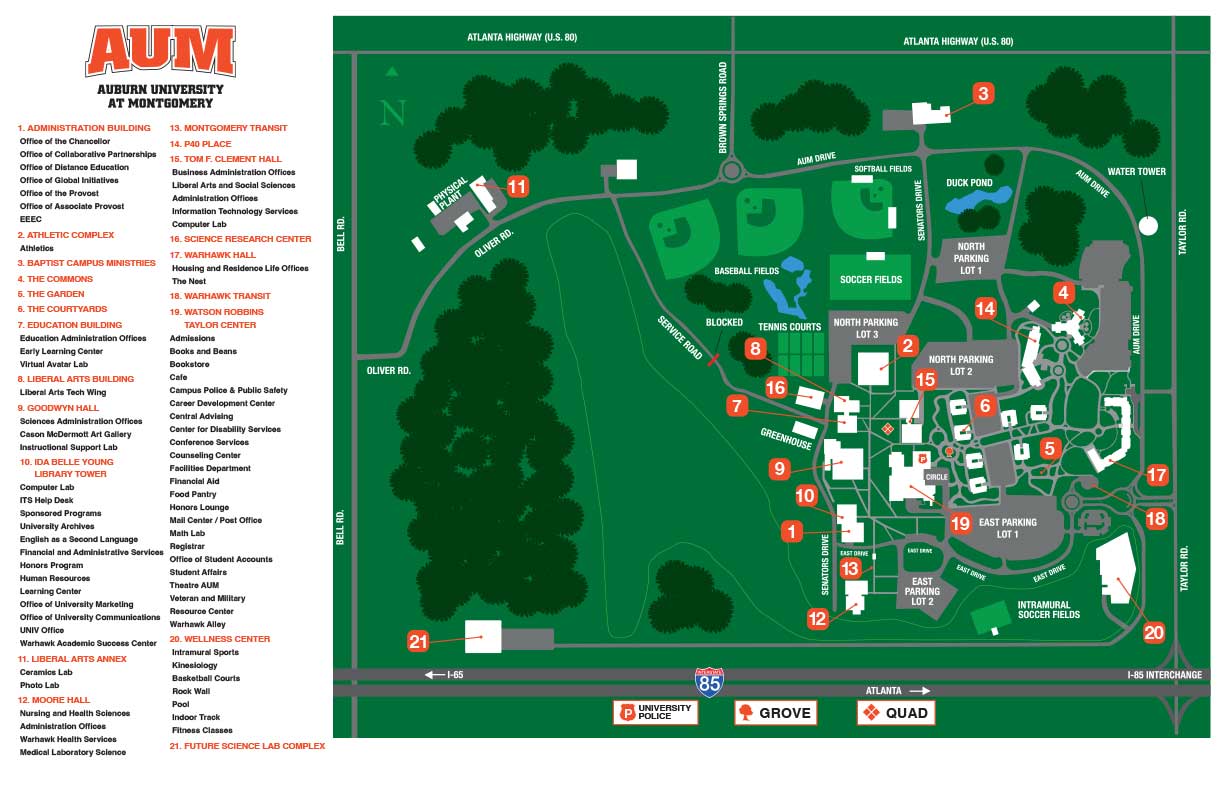
Steven Lobello
Professor | College of Sciences
BA, Christian Brothers College, Psychology
MS, Mississippi State University, Clinical Psychology
PhD, University of Southern Mississippi, Counseling Psychology
MSPH, University of Alabama in Birmingham, Epidemiology Education
Bio: Steven LoBello completed his PhD in counseling psychology at the University of Southern Mississippi in 1986. He began his career as a psychologist in clinical practice, specializing in psychological assessment of clinical cases requiring intellectual assessment. He is a licensed psychologist in Alabama. He joined the AUM Psychology faculty in 1989. His initial research program involved statistical issues in I.Q. tests and best practices in teaching test administration and scoring to graduate students.
In 1998, he returned to graduate school at the University of Alabama in Birmingham. Attending classes on a part time basis, he earned a master’s degree in epidemiology in 2003. While at UAB, he was fortunate to become affiliated with the Injury Control Research Center as a Senior Scientist, and was principle investigator of a longitudinal study of rehabilitation outcomes. This project was planned and initiated by others many years earlier, and was brought to completion during this grant period. The project was a study of outcomes among individuals with spinal cord, head, and multiple trauma, as well as severe burns. The project was funded by the US Department of Health and Human Services Centers for Disease Control and Prevention, National Center for Injury Prevention and Control.
Dr. LoBello has an active research lab with graduate students who have a broad range of heath behavior interests. Research topics have included studies of quality of life among people with asthma who use alternative and conventional medicines, influenza vaccination among people with asthma, prevalence of depression among pregnant women, and the relationship of depression to chronic illness. In his research program, Dr. LoBello frequently uses the Behavioral Risk Factor Surveillance System data sets. He is a student of using population-based health survey data and epidemiological methods to investigate health behavior research problems.
